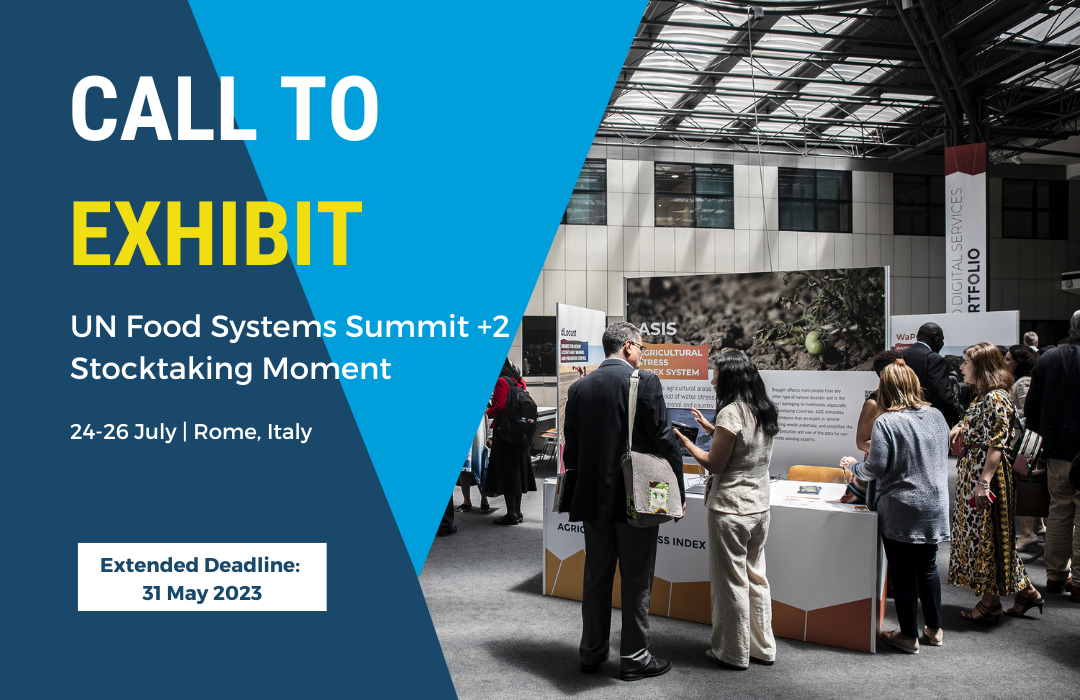SEED FUNDING JOINT PROGRAMMES
Egypt
Strengthening Sustainable and Resilient Food and Nutrition Systems in Egypt for SDG Acceleration




PROJECT TITLE | Strengthening Sustainable and Resilient Food and Nutrition Systems in Egypt for SDG Acceleration |
| Context | Egypt engaged actively in the 2021 Food Systems Summit process, convening a national dialogue and developing national pathways with recommended interventions for improving food security and nutrition by 2030. To enhance multi-sectorial coordination and spearhead the transformation process, the Government created a National Committee for Food and Nutrition Systems chaired by the Prime Minister and bringing together several ministries to coordinate joint actions. Strengthening coordination mechanisms, fostering multi-stakeholder partnerships, consolidating accountability structures, focusing on the availability of evidence, analysis, and data, are identified as key priorities to strengthen the food systems governance structure in Egypt. |
| PUNOs | WFP, FAO, UNICEF |
| Contribution to SDGs | SDG 2 Zero Hunger, SDG 3 Good Health and Well-being, 12 Responsible Consumption and Production. |
| Contribution to other SDG transitions | Climate, biodiversity, pollution |
| Duration | June 2024 – May 2025 |
| Expected financial leverage | $87,000 (PUNO co-financing) |
| Alignment with SG Call to Action | Policy integration; Food systems governance; Research, data, technology and innovation; Inclusive and participatory design; Private sector engagement |
| Outcomes | The JP contributes to strengthening policy and governance frameworks for food systems transformation and generating evidence and analysis on key dimensions of food systems to inform decision-making, supporting the work of the National Committee for Food and Nutrition Systems. The JP complements the government’s flagship program “Country Platform for the Nexus of Water, Food and Energy”, which provides a mechanism to mobilize climate finance and private investments. |
| Partners |
|
| Outputs |
|
NEW EXTENDED DEADLINE: Call to Exhibit at UN Food Systems Summit +2 Stocktaking Moment

©FAO/Giuseppe Carotenuto
The UN Food Systems Coordination Hub is pleased to invite applications for exhibition booths at FAO’s Headquarters in Rome over the three days of the UN Food Systems Summit +2 Stocktaking Moment (UNFSS+2), 24-26 July 2023. Applications are due no later than 31 May 2023.
Access the Exhibition Booth Application Form here.
Information and Guidelines
Exhibition booths will be placed on the ground floor of FAO, in the atrium of the grounds, for the entirety of the UNFSS+2. This large, open space is where FAO staff and guests convene, network and walk through. As a space that people naturally gravitate towards, it can attract attention, provide visibility and raise awareness to the National Convenors, public officials, UN agencies and other food system actors attending the UNFSS+2. The exhibition booths selected for this space will have the unique opportunity of capturing the diverse audience’s attention and help create a dynamic background for event coverage.
Exhibitors are expected to be on-site either Saturday or Sunday to prepare their table ready for Monday’s opening events. The set-up would remain for all three days of the UNFSS+2. Exhibition booths must always be staffed by at least one organization representative during the event hours (Agenda, TBC), two event access badges to selected applicants.
Selected applicants are responsible for their own travel and accommodation costs. There will also be a fee of 1,500 USD, covering all technical aspects of the exhibition booth (i.e., furniture, digital signage, branded table and backdrop). The design of each exhibition booth is to be done collaboratively with UNFSS+2 planning teams. Priority will be given to applications submitted by FSS Coalitions and relevant actors of the FSS Ecosystem of Support.
